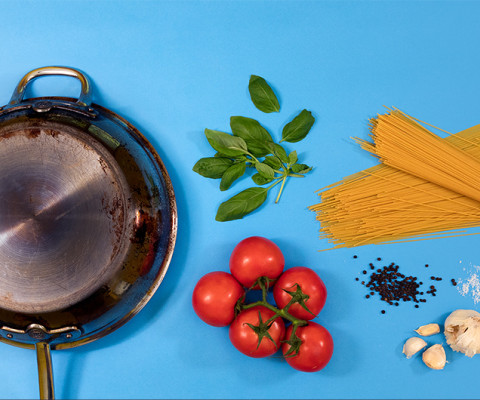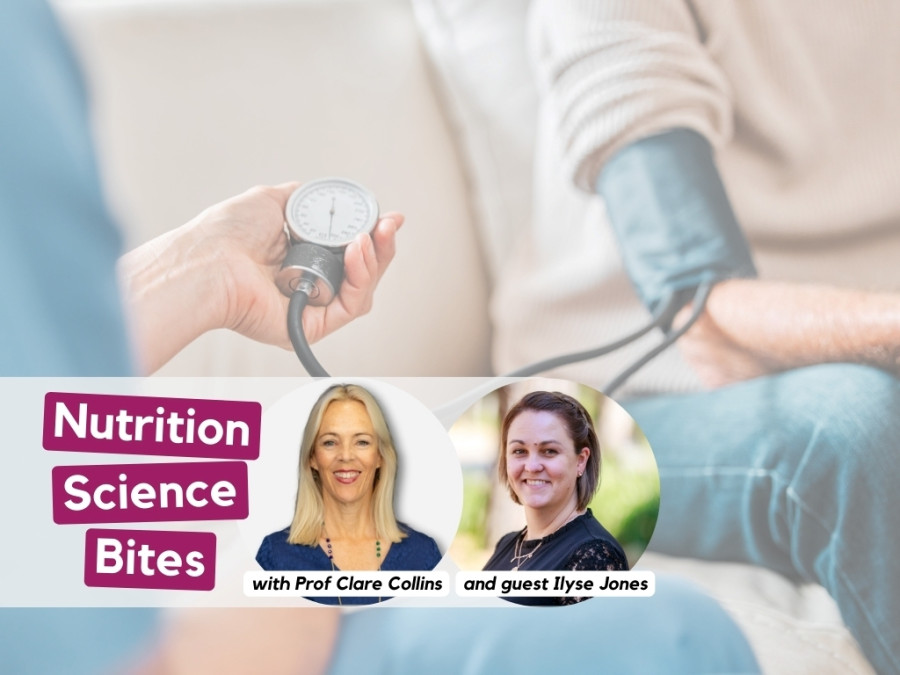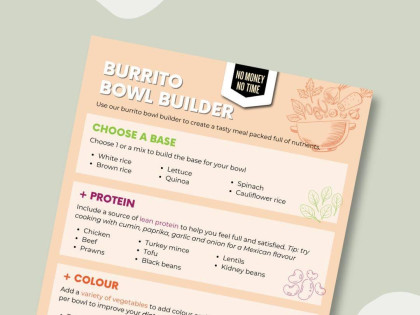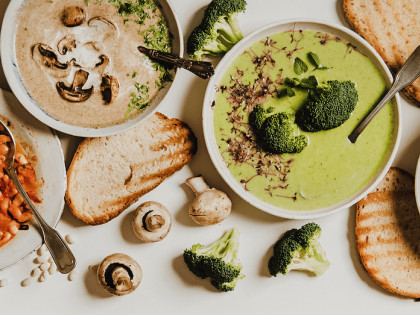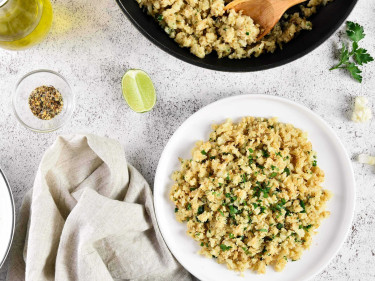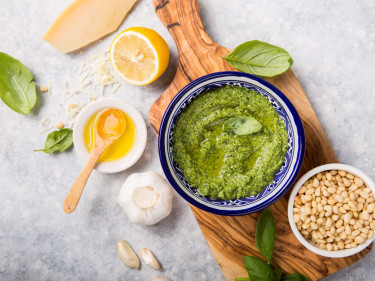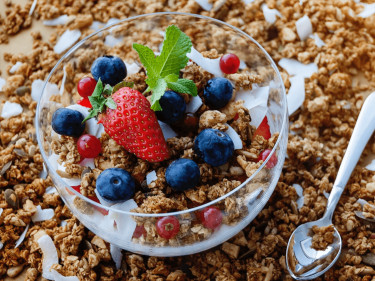In this episode of Nutrition Science Bites, Prof Clare Collins and Ilyse Jones talk about high blood pressure (BP), also called "the silent killer". They discuss the importance of awareness and regular BP monitoring and what the numbers in blood pressure readings mean. They chat about the impact of lifestyle and diet, especially salt, sodium and potassium intakes, and offer practical advice on making healthier food choices. This conversation also highlights specific foods, like beetroot and ones rich in vitamin C, that can help lower blood pressure, plus the role of dietary fiber, and effective dietary patterns, like the DASH diet. The conversation emphasizes the need to eat more vegetable and fruit, the impact of alcohol and caffeine on blood pressure, and key messages for listeners to improve their health.
Australian Eating Survey - Personalised Food, Nutrient Assessment Report: Use discount code DietCheck when purchasing for 50% off. PURCHASE HERE
No Money No Time Resources:
Article: Reduce your daily salt intake without compromising on flavour
Article: What foods are high in potassium
Article: What does information on a food label tell you about a food?
Other Resources:
The Conversation: 7 things to eat or avoid to lower your blood pressure!
Heart Foundation: Blood pressure and your heart.
Find a SISU station near you: HERE
Check Your Drinking: HERE
